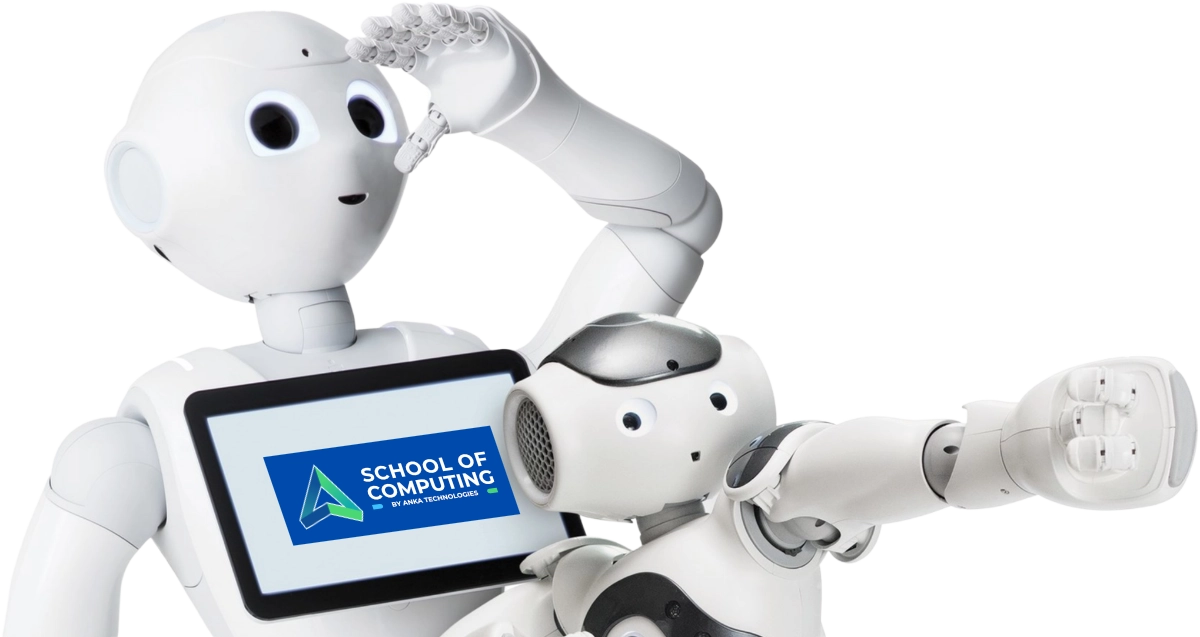Address
Kandy: 12, Wattarantenna Road, Kandy, Sri Lanka 20000
Colombo: Bay 6, Trace Expert City, Maradana, Colombo 10
Kurunegala: Industrial Services Bureau, 141, Kandy Rd, Kurunegala
Email
info@anka.com.lk

Address
Kandy: 12, Wattarantenna Road, Kandy, Sri Lanka 20000
Colombo: Bay 6, Trace Expert City, Maradana, Colombo 10
Kurunegala: Industrial Services Bureau, 141, Kandy Rd, Kurunegala
Email
info@anka.com.lk

Coding teaches children to think in a structured, logical way. Every line of code follows a set of rules and must be written with precision to work correctly. As children write code, they learn to solve problems step by step, recognize patterns, and understand cause-and, effect relationships.
This logical mindset helps in daily decision making and academic work. Countries like the UK and Singapore have introduced coding in primary school specifically to nurture these thinking skills

One of the most exciting parts of coding is how creative it can be. Children use code to bring their ideas to life whether they’re designing games, animations, or interactive stories. They learn to think outside the box, explore new possibilities, and experiment with different outcomes.

Visual platforms like Scratch are popular worldwide because they make it easy for kids to start coding creatively. Locally, these tools are now used in school clubs and coding competitions, giving students more opportunities to express their imagination through technology.
Coding helps children understand how complex systems are built from simple parts. They learn to plan projects, write clean and organized code, and troubleshoot errors methodically. This develops structural thinking, which benefits not just programming but any task that requires planning and logical sequencing like writing essays or organizing schoolwork.
This type of thinking is emphasized in coding programs globally. Locally, STEM education providers are also incorporating structured project based learning to teach students how to build, test, and improve their creations.
Math and coding go hand in hand. As children code, they naturally apply math concepts such as counting, coordinates, patterns, measurements, and logic. These ideas become easier to understand because they’re used in fun, hands on projects.

For instance, creating a bouncing ball animation introduces concepts like angles and gravity in a playful way. This has led many schools internationally to use coding as a support tool in math education.
Coding also teaches valuable soft skills. Children learn perseverance when debugging code, collaboration when working on group projects, and communication when explaining their ideas. These skills are just as important as technical knowledge in today’s world.
With growing participation in coding challenges and hackathons, nowadays young coders are learning to present their work, listen to feedback, and work as team skills that are useful in any future career.
From Silicon Valley to small towns in Sri Lanka, the world is waking up to the power of early coding education. As digital technology becomes a part of every industry, children who learn to code early will not only understand the tech they’ll help shape it.
In Sri Lanka, the momentum is growing. Government initiatives, ICT competitions, coding bootcamps, and school level programs are laying the foundation for a new generation of creators.

Coding is more than a career skill it’s a mindset. It helps children think clearly, solve problems creatively, work with others, and build confidence in their abilities. Whether or not they pursue a future in tech, the skills gained from learning to code will benefit them in countless ways.
By encouraging children to start coding early, we’re not just preparing them for future jobs. we’re helping them become thinkers, doers, and innovators in a world that’s constantly evolving.